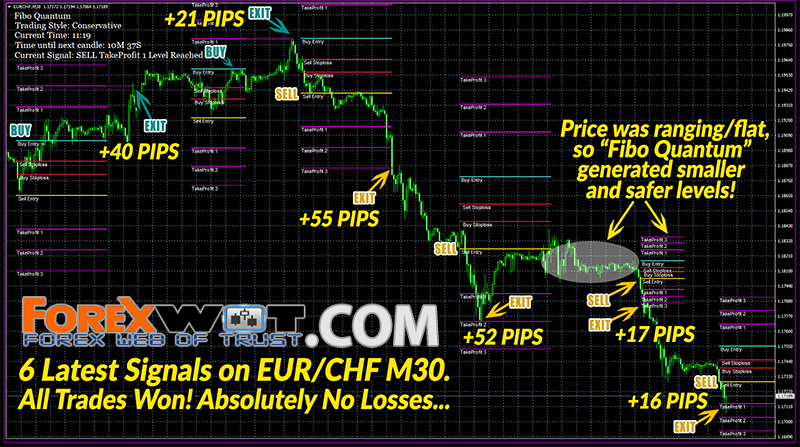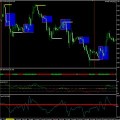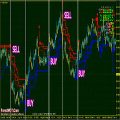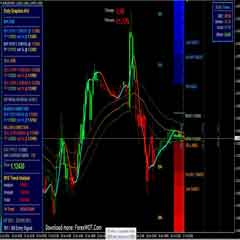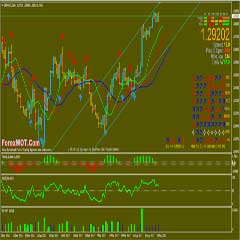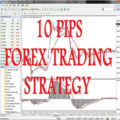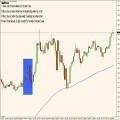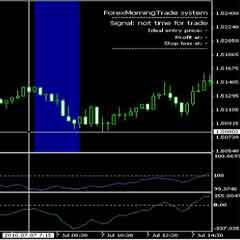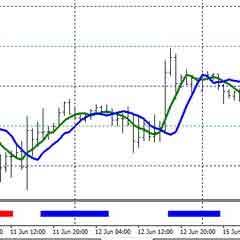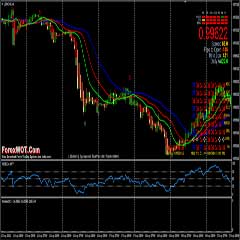The markets are a personal journey and every trader is destined to learn market truths for themselves. The learning curve is as much about figuring out what doesn’t work as it is discovering which things work best for you. Each individual has a different personality and thus a slightly different approach to the market. However, a trader is less apt to experience a setback if he accepts some basic fundamental truths as to the nature of the game.
First, though principles of price behavior remain the same, the game is always changing in subtle ways. Relationships that we take for granted can change. New technology has speeded up information flows and changed the execution process. New market products continue to be created. So, it is important to maintain an open mind to the fact that there are a myriad of possibilities that we may not be able to see at the game.

Second, the key to longevity in this business is first and foremost capital preservation. Have the patience to wait for clear, well-defined trade setups. The majority of trades result in small wins and small losses. Stay in the game until the deck is loaded, and then strike when iron is hot. Unfortunately, these times don’t come around as often as we would like. There is never much advance notice when the markets are going to get hot. Thus–be prepared to trade every day and when the action is good, do not take it for granted that it is going to continue to be good.
Third, a large percentage of trading profits will come from a small percentage of the trades. A trader can’t predict in advance that the market is ready to give a better then expected gain. More often than not, a consistent increase in the bottom line comes from a combination of two factors: numerous small winning trades, and not letting any one loss get too large.
The majority of professional traders nickel and dime the market week in and week out and can make
a consistent living in the process. Still, the trader is always staying alert yet patient, waiting for the market to give that one opening where a larger gain can be made.
Much of trading is learning how not to beat yourself. Oddly, the majority of traders know when they’re making mistakes. In this respect, traders beat themselves. The best defense against making trades out of an emotional state, frustration or boredom, is to be prepared and have a game plan. You must be in a prepared state before the market opens, and then by being patient, calm, cool, and collected, you will be better able to capitalize on the choicer opportunities when the market tips its hand.
Successful trading is about minimizing mistakes or “unforced errors”, to use a sports analogy. It’s not about brilliant analysis or out-smarting the market. It’s about perseverance, consistency and confidence. Professionals can and do occasionally make big mistakes. But the ability to get right back in the game and fight to make back losses is what makes them a professional. The ability to get back on track and start following a well thought out trading program keeps them playing the game. They don’t quit because they are determined to succeed.
In order to be profitable, you must learn how to win the real game: the mental side of the business. This includes recognizing the importance of having a game plan, the incredible role that patience plays (waiting for conditions to be just right before entering a trade), and the tremendous amount of mental fortitude it takes to endure the slow times.
Trading is not an intellectual game
You can’t “out-think” the market. Analyzing and predicting the markets is not nearly as important as learning how to react to what the markets actually do. Stay involved in the process of making the right decisions at each moment, and let go of worrying about the outcome. Take each trade one at a time and manage it to the best of your ability at that moment. Trust your judgment.
Hard work is required to win
It is hard work preparing your game plan each and every day and putting in the necessary time to study the markets’ actions. Determine the overall market environment and whether it favors your play. Then make your forecasts based off the current price swings, not what you think the market ought to do.
It is hard work to stay focused and push aside all the distractions that try to come between you and success. Concentration, routine, and ritual are the most powerful tools at your disposal to help ward off distractions and eliminate the emotions and anxieties that hinder good performance. To win and win consistently is hard work. Otherwise, everyone would be a winner in the markets and that’s obviously not the case.
The nature of the game is to understand the constant changing nature of market relationships. There are numerous aberrations and “outlier” events, (abnormal behavior), that create both opportunity and risk. Though it is important to follow a trading process in a consistent manner, there is no guarantee of consistent profits.
The professional knows that just two or three good months can make his whole year. It takes a lot of patience to step back and view one’s business with such a long-term perspective. It takes a lot of tolerance to accept the fact that our timing will never be perfect, and that we’ll always leave profits on the table. We’ll miss dozens of “big ones.” For the great trades that we do catch, we are often never as heavily committed in terms of size as we would like.
Trading is the ultimate lesson in attitude
Every day we can choose to criticize all the things we didn’t do right, or we can marvel at the abundance of opportunity the market provides for us. We can accept our losses as necessary lessons and steps to future successes or we can blame a myriad of external causes for those failures and become discouraged.
Ultimately, the best traders don’t try to figure out all of the market’s peculiarities. They follow their methodology and find great mental freedom in following their rules and structure. They’ve created their own playing board, their own mental market world. They are absorbed in it and find pleasure in marveling at all the subtle nuances they have discovered.
I can share with you the mental world I have created, the game board that I play on. I can give you tools to build your own playing field. I can inspire you to be a better trader, and I can help you to believe that you can achieve your dreams and dream even bigger. But you must apply the necessary energy yourself. There is no substitute for the hard work it takes to organize yourself and your trading plan or system. Being prepared will be the key to your success.

